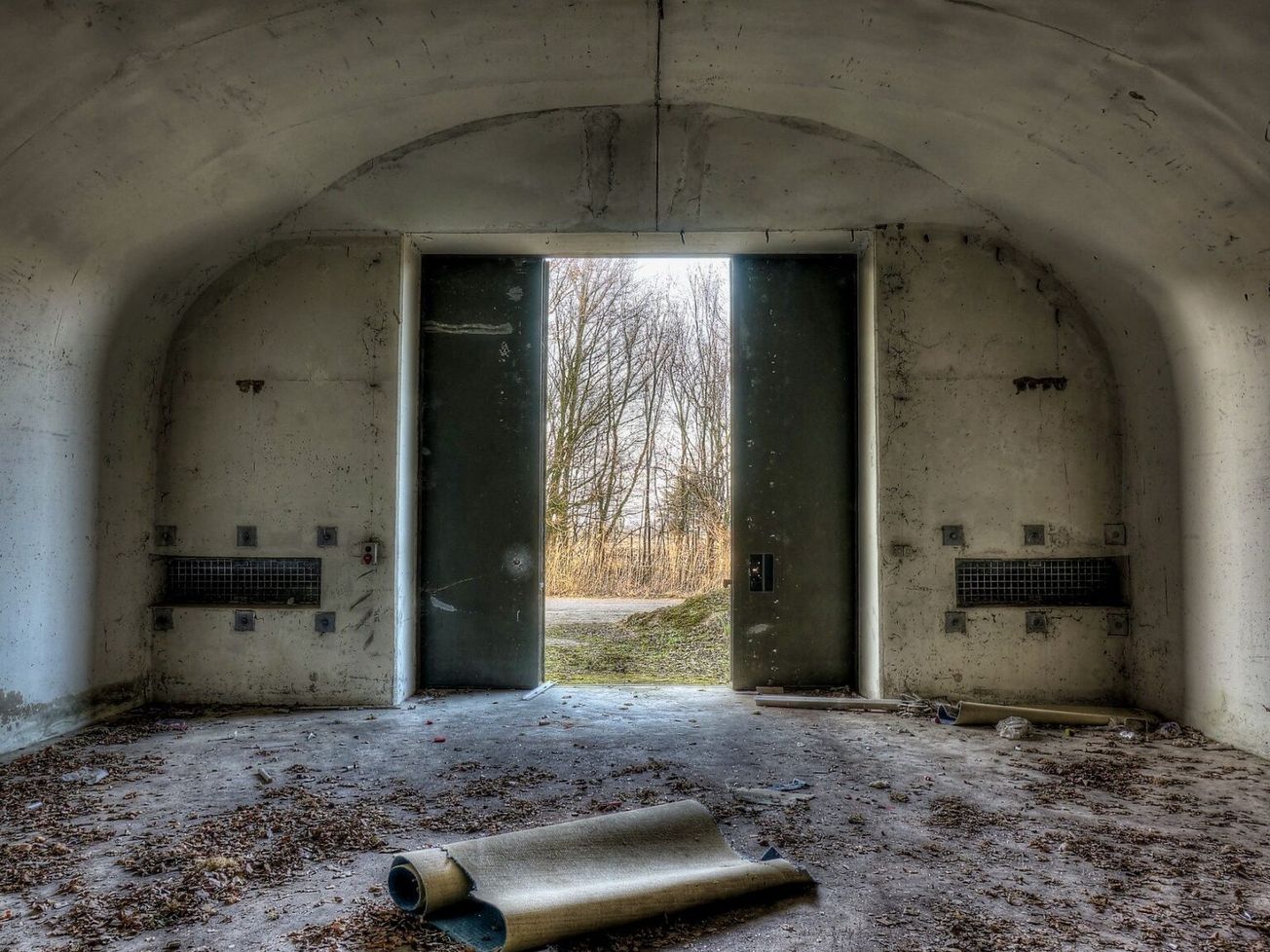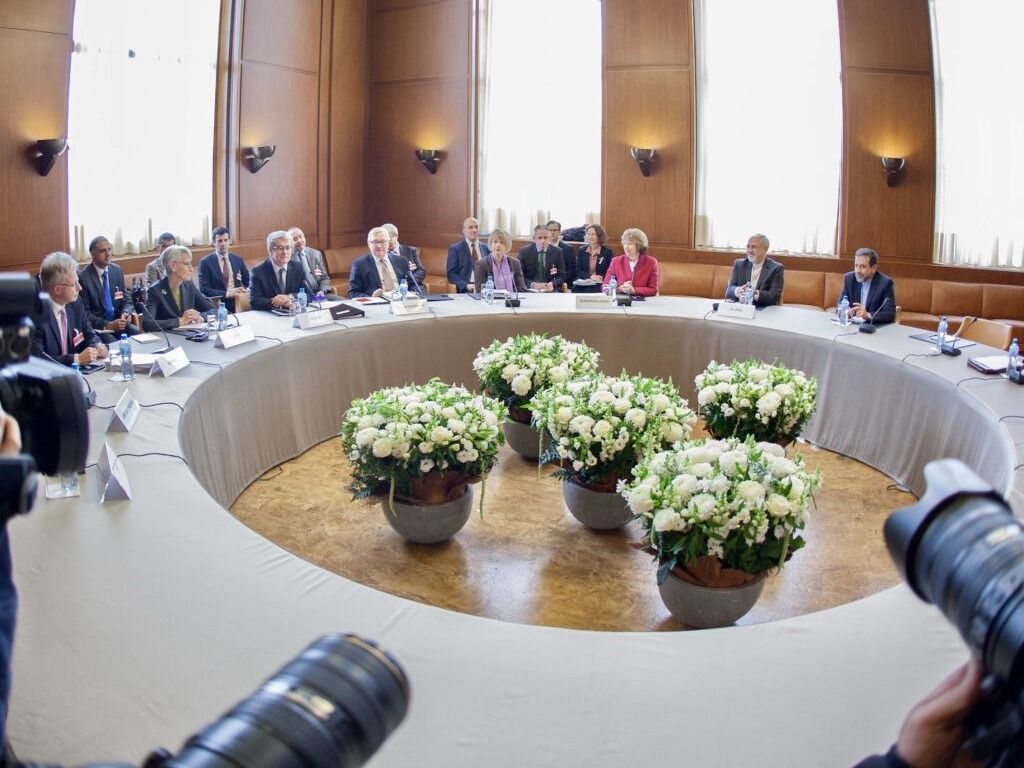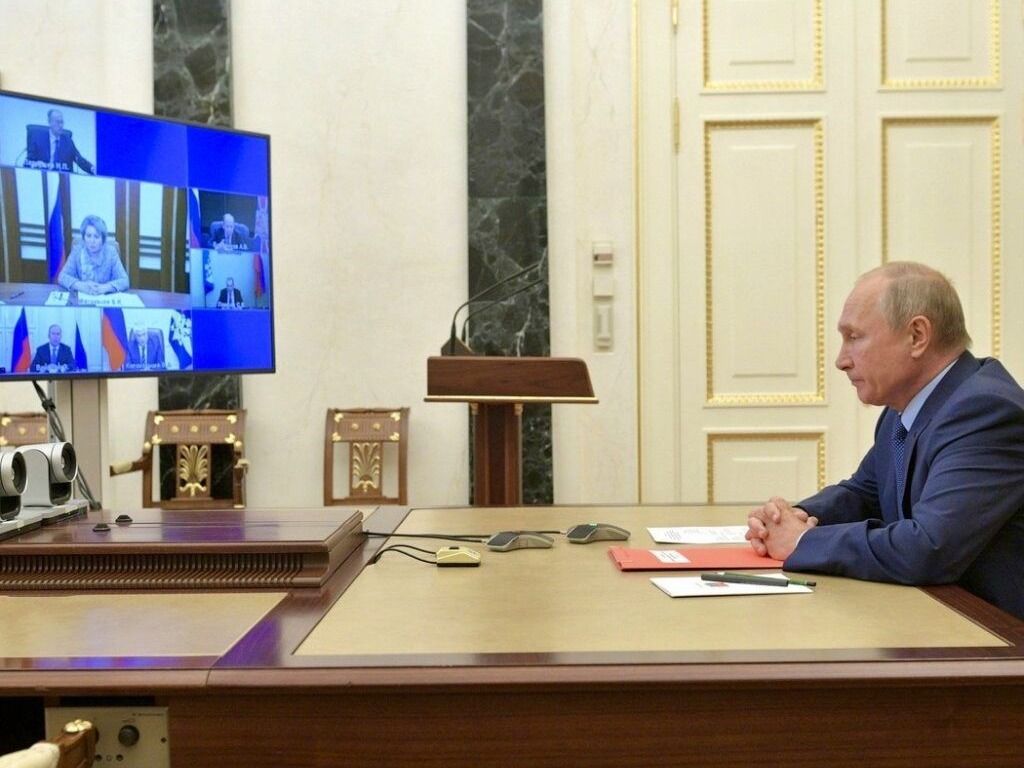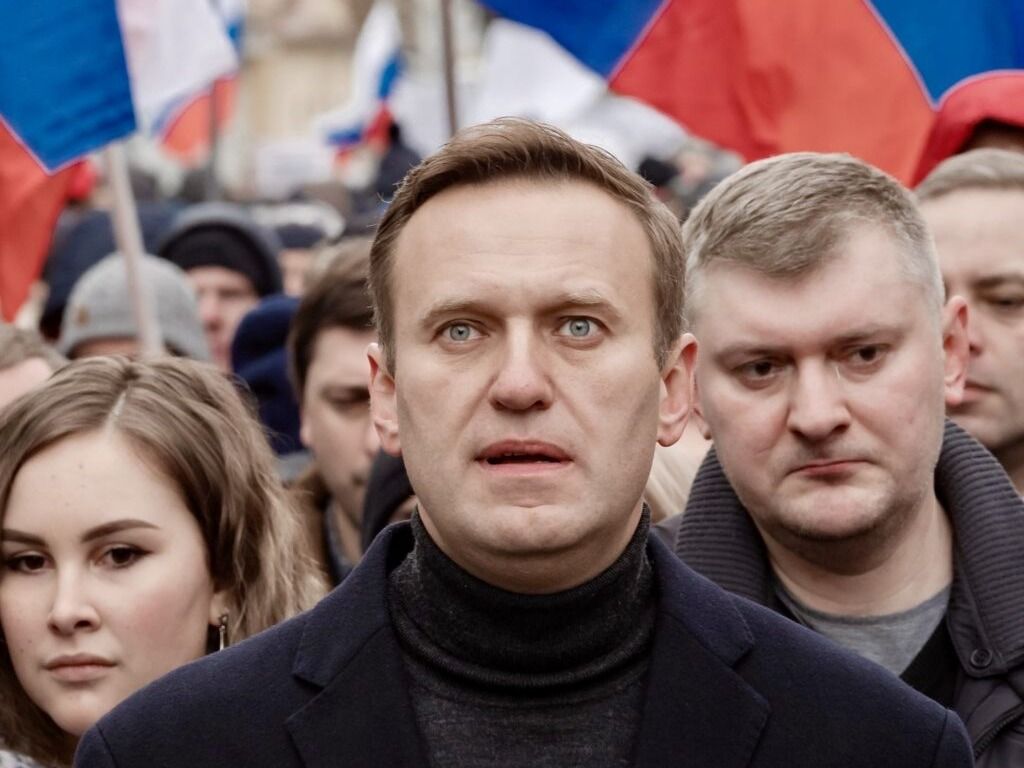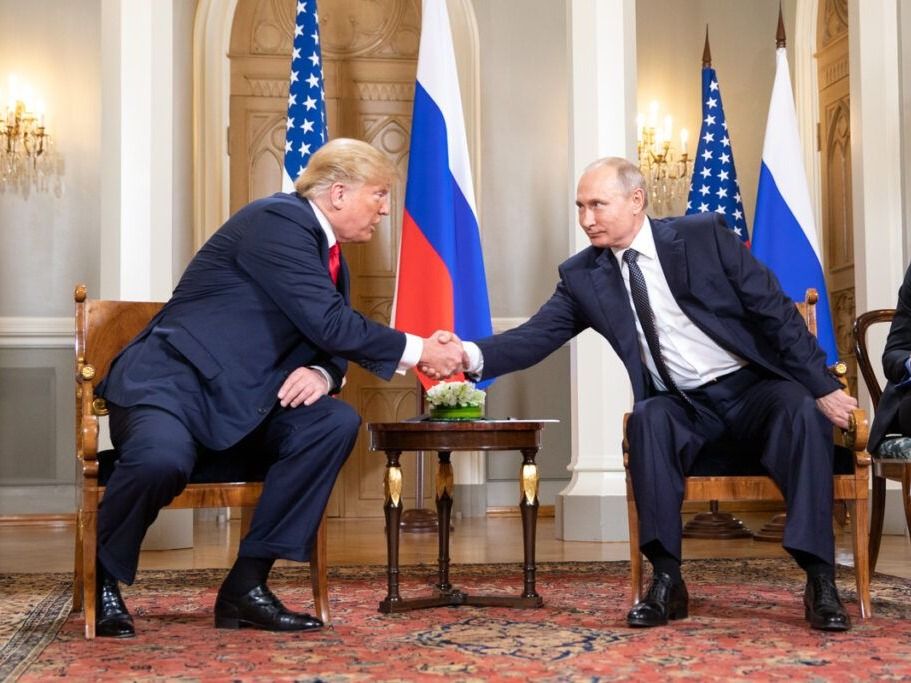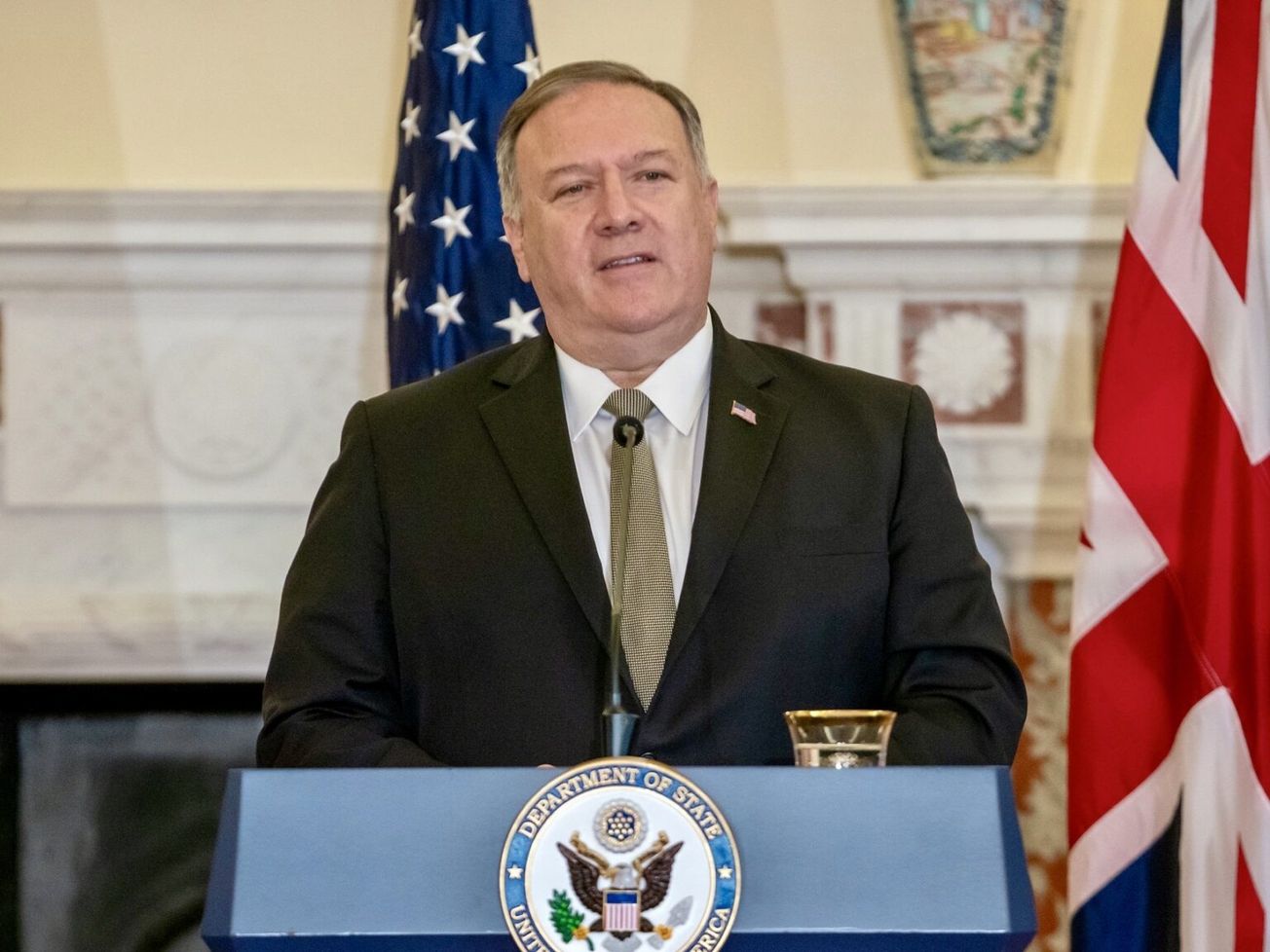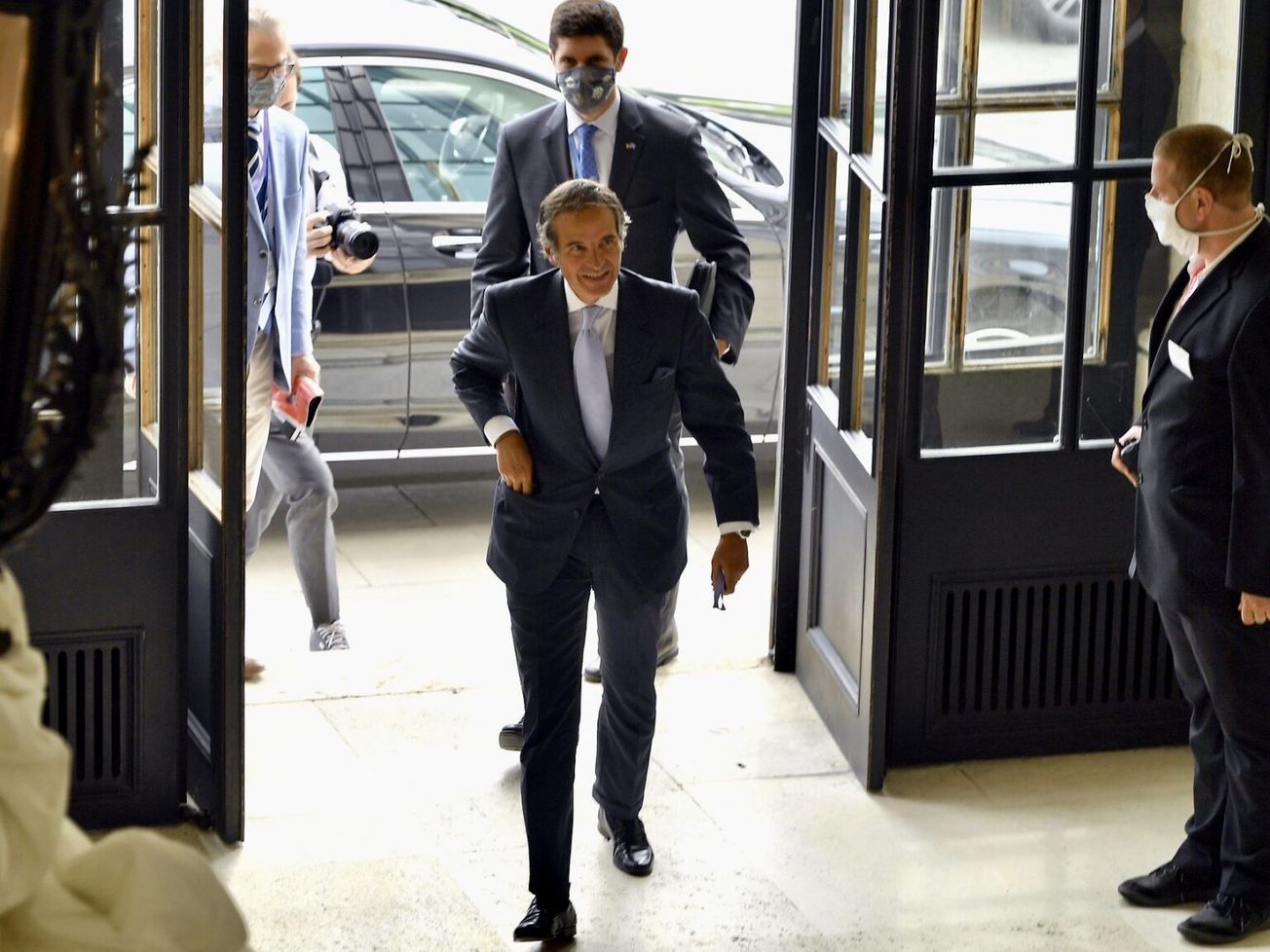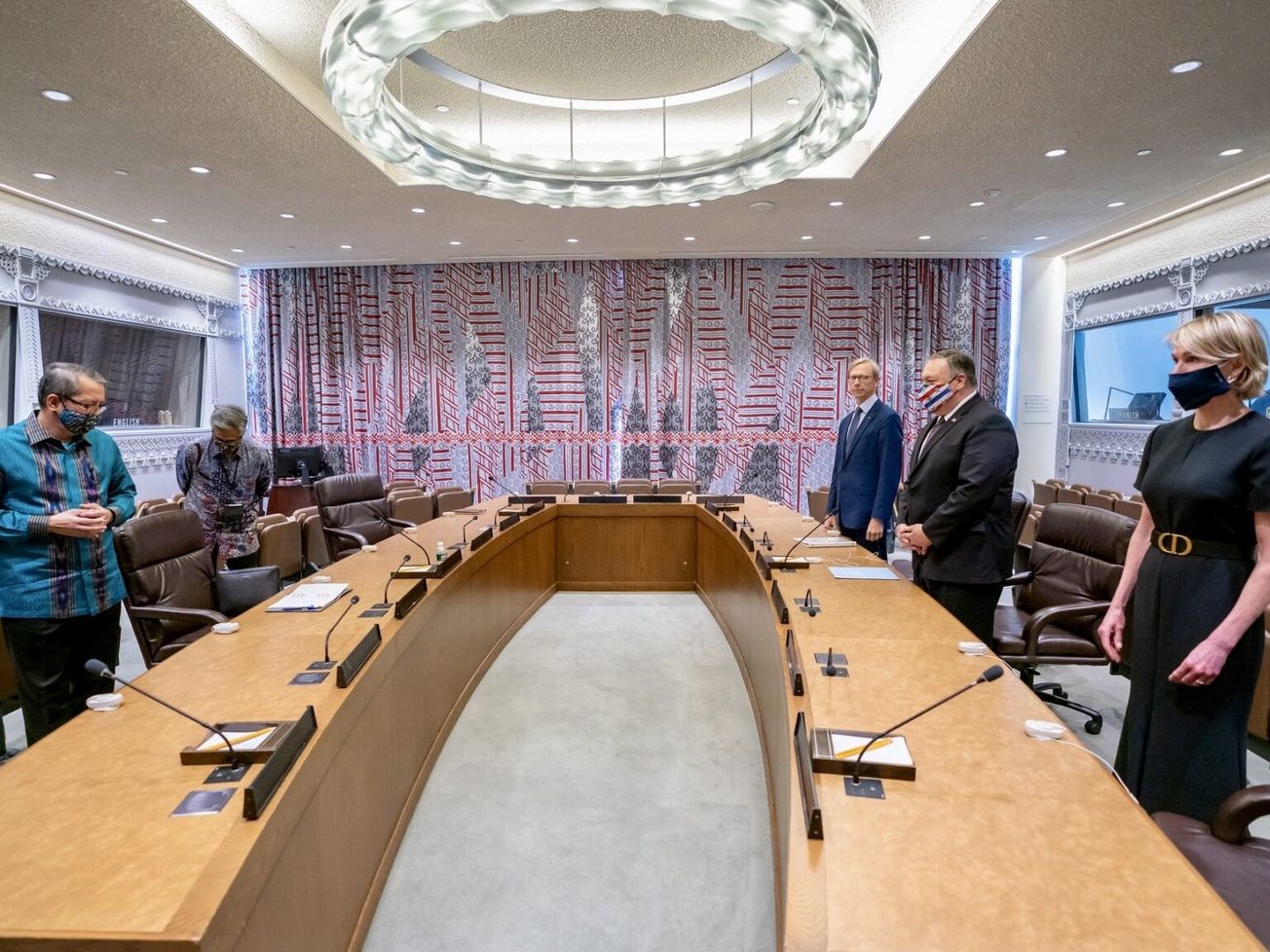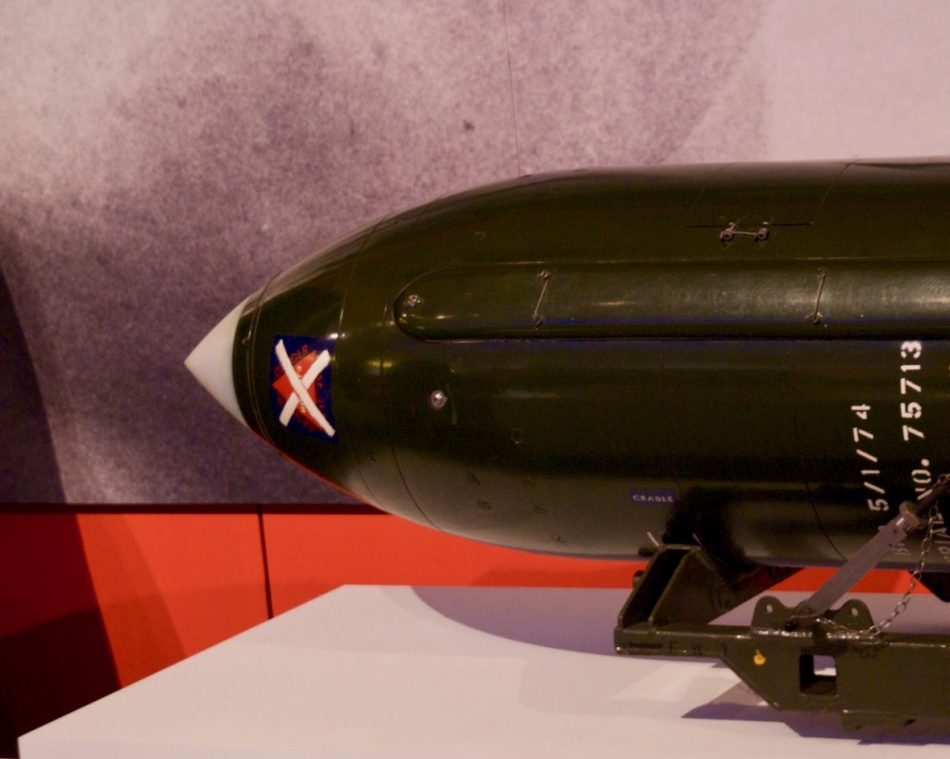
U.N. says U.K. nuke plans would violate NPT
The U.K.'s decision to boost its nuclear warhead stockpile would breach the 1970 Nuclear Nonproliferation Treaty, a U.N. spokesperson said.
News and insights on nuclear security policy and weapons of mass destruction (nuclear, chemical and biological weapons), amid threats and risks ranging from Russia's war in Ukraine to North Korea's missile tests.

Already have an account? Log in

The U.K.'s decision to boost its nuclear warhead stockpile would breach the 1970 Nuclear Nonproliferation Treaty, a U.N. spokesperson said.
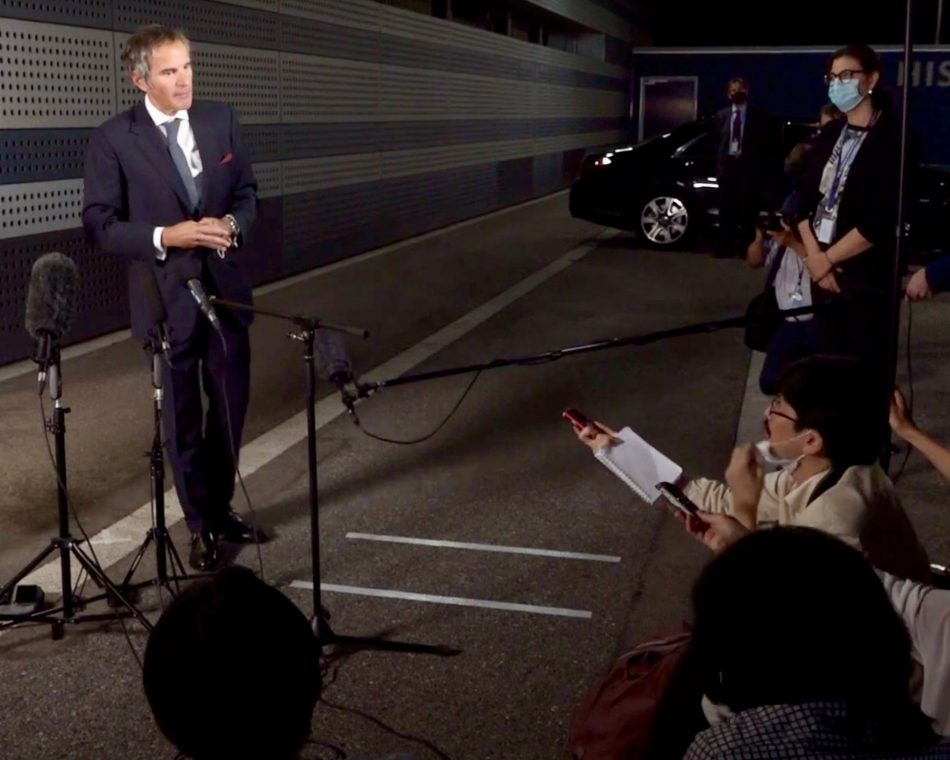
The head of the U.N. atomic watchdog agency and Iranian top officials announced Tehran will give international inspectors reduced access to nuclear sites.

ICJ ruled it has jurisdiction to hear Iran's case challenging the U.S. economic sanctions reimposed by the former Trump administration in 2018.
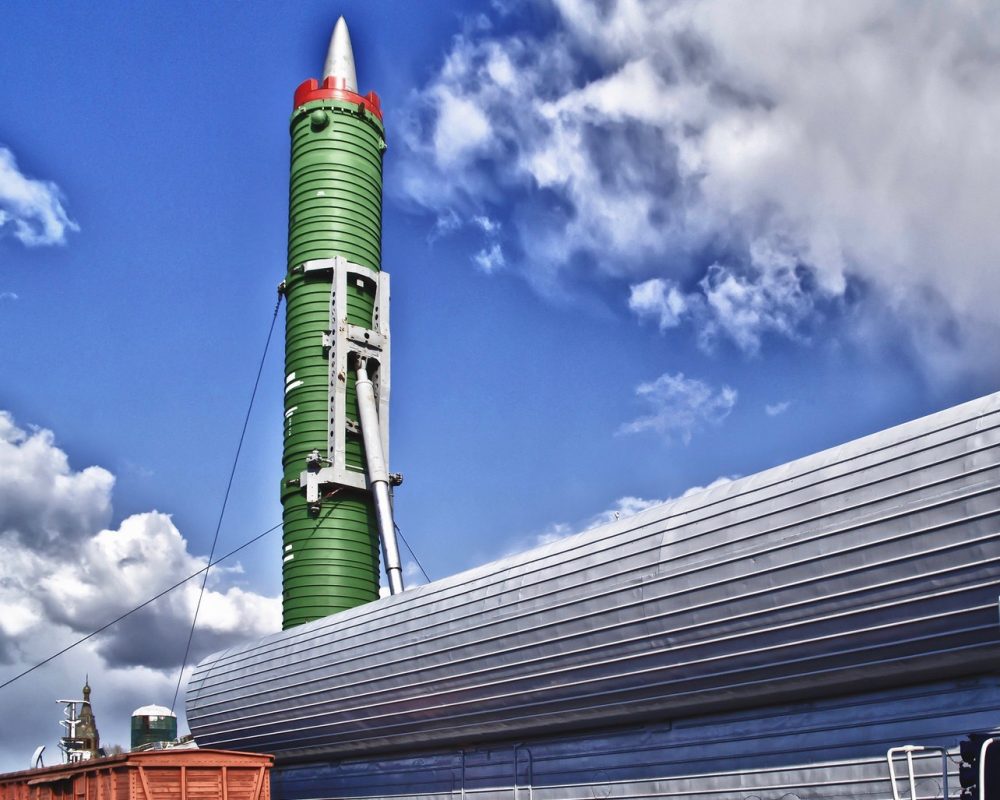
The Biden administration restored some stability to nonproliferation efforts by extending the last major U.S.-Russia nuclear treaty for another five years.
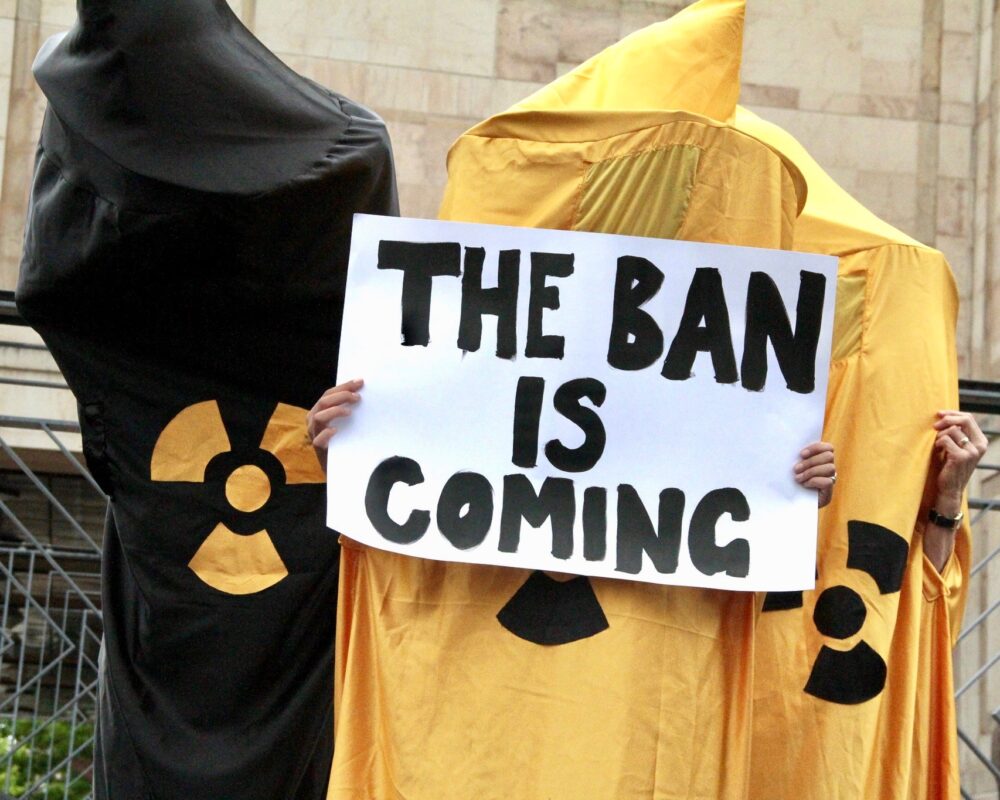
Advocates of world peace celebrated "EntryIntoForceDay" as the first legally binding treaty to ban nuclear weapons finally became international law.
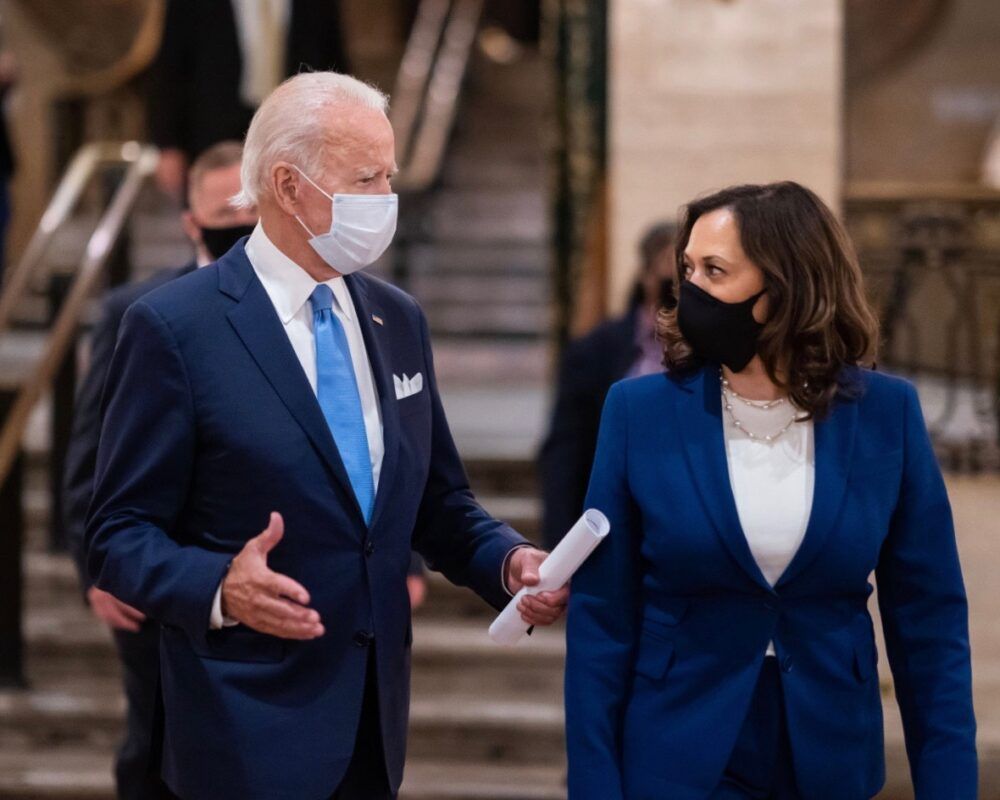
U.S. President Joe Biden proposed seeking an extension to the last major U.S.-Russia nuclear accord, which the Trump administration decided to let lapse.
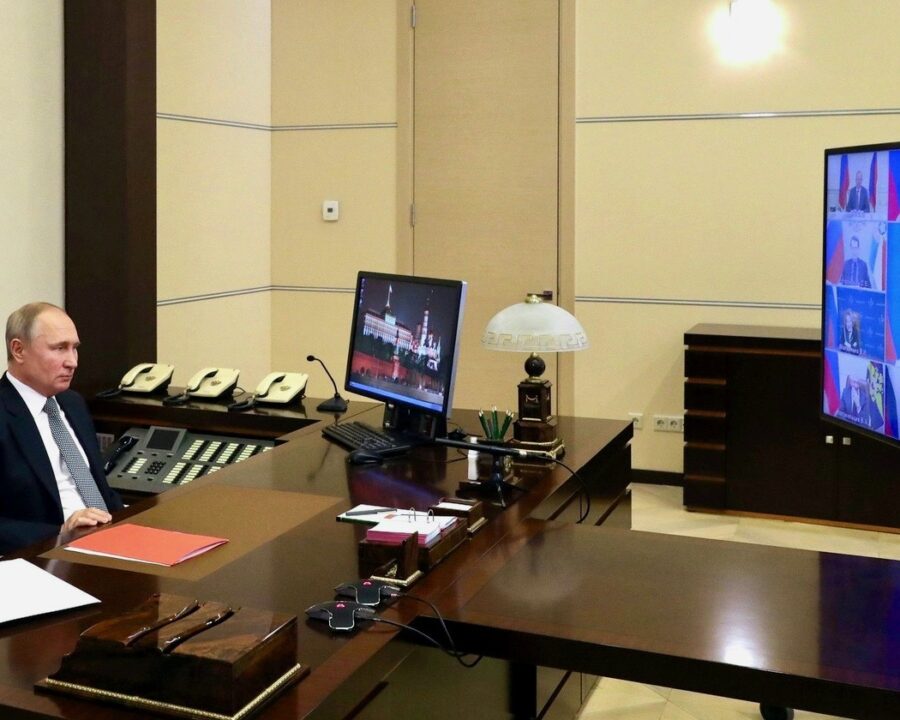
Russia announced plans to withdraw from the Open Skies Treaty, two months after U.S. President Donald Trump's administration abandoned it.
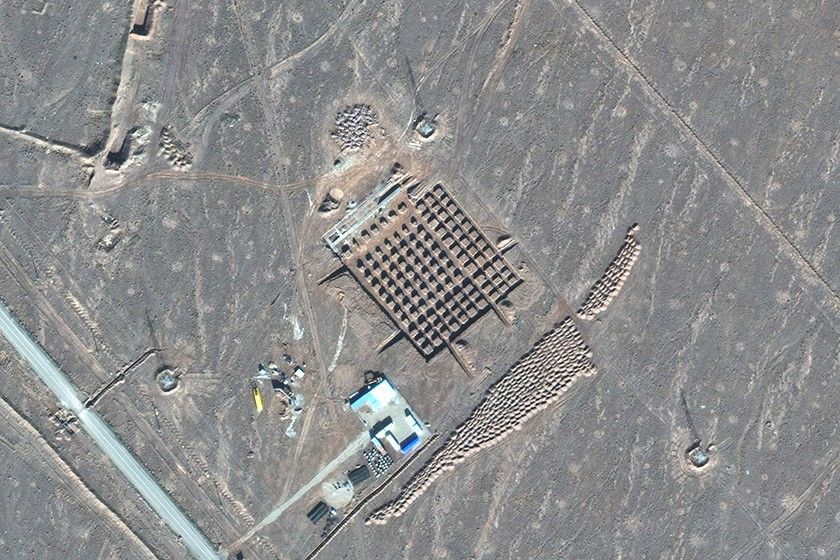
Iran resumed enrichment of uranium to 20% in a move closer to weapons grade levels and further away from the 2015 nuclear deal.
Fifty nations ratified a treaty to ban nuclear weapons that will enter into force in 90 days, the U.N. confirmed on the same day it was founded 75 years ago.
The signatories to the Iran nuclear deal allowed a U.N.-imposed embargo on arms trade with the nation and some travel bans to expire as planned.
Russian President Vladimir Putin offered to extend the New START treaty as is, but U.S. President Donald Trump's administration called it a "non-starter."
Germany and France pushed for E.U. sanctions on Russia after OPCW confirmed Russia's Alexei Navalny was poisoned with a Soviet-era nerve agent.
U.S. President Donald Trump appeared to be pushing for a foreign policy win before Election Day, seeking to renew a nuclear arms control deal with Russia.
The U.S. followed through on its threat to unilaterally restore sanctions against Iran, defying widespread international criticism.
Amid rising tensions on the U.N. Security Council over the 2015 Iran nuclear deal, IAEA and Tehran said Tehran will allow inspectors at two nuclear sites.
The U.N. Security Council rejected the Trump administration's attempt to use the 2015 Iran nuclear deal to restore international sanctions against Tehran.
